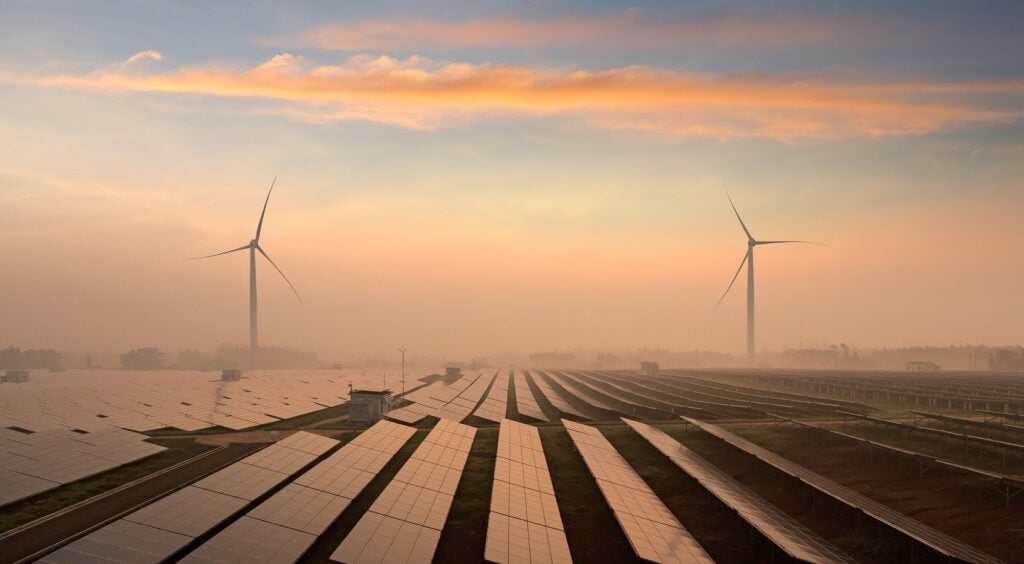Any investment in the UK’s infrastructure must take into account climate change preparedness and focus on low carbon generation, including smart grids and electric vehicles.
That was the call issued by the Committee on Climate Change (CCC) in a letter sent earlier this week to Lord Adonis, chairman of the National Infrastructure Commission, which has been published this afternoon.
Within it Lord Deben, chairman of the CCC, and Baroness Brown of Cambridge, chair of the Adaptation Sub-Committee, stress the need for any assessment of the country’s infrastructure to “reflect the twin challenges” of decarbonising the economy and preparing for climate change.
“Given the long lifetime of many infrastructure investments, decisions made now must avoid locking-in high-carbon infrastructure. They must also keep open options for reducing emissions close to zero, which may be required in electricity generation, heat and transport to meet the overall 2050 target.
“Infrastructure strategies should also take into account the interactions between sectors and across the economy as a whole system. For example, reducing demand through energy efficiency measures may allow for significant savings by reducing the need for large-scale infrastructure investment,” the letter states.
It goes on to stress the importance of smart grids, low carbon generation, EV charging networks, heat and carbon capture and storage sectors within an infrastructure strategy, arguing that they are pivotal to achieving emissions close to zero by 2050; the target established in the Climate Change Act.
A table attached to the letter states that the required low-carbon electricity generation – circa 150TWh – would cost £2.5 billion each year with transmission and distribution networks; smart grid infrastructure and storage; and CCS all to require less than £1 billion of annual investment for carbon budgets to be hit.
The letter comes as the green economy continues to wait on the Department for Business, Energy and Industrial Strategy to publish its eagerly anticipated emissions reduction plan which will set out how the government intends to meets its obligations under the fourth and fifth carbon budgets.
Originally due to be published last year, ministers were on the record as stating that it would be published before the end of March but this deadline has also been missed.






